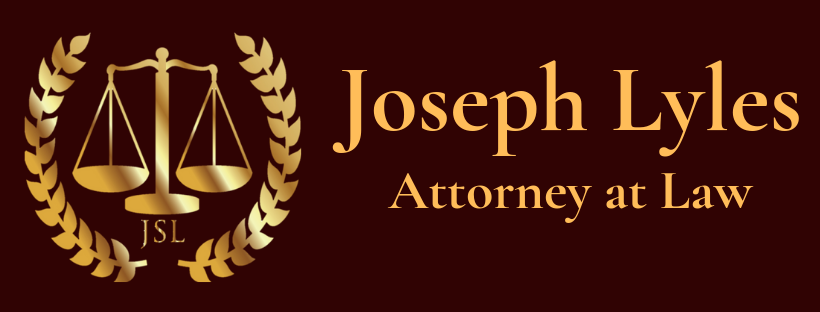Lesson 23: Understand the Limitations of Bankruptcy
From The Sue the Bastards section of How You Can Avoid Legal Land Mines by Joseph S. Lyles (2003).
Beth struggled to keep a small business going after she and her husband, who was also her business partner, separated. With so many problems to deal with, Beth was distracted and wrote some checks that bounced.
Because she was overwhelmed and broke, Beth represented herself in the Federal Bankruptcy Court when her business failure and marital problems left her few, if any, alternatives.
If you properly prove your case, the Bankruptcy Court will relieve you of the legal responsibility to pay your debts. The order from the Bankruptcy Court that awards you this relief is called a discharge.
Beth had learned enough from researching on the Internet to successfully receive a discharge of her personal and business debts from the Bankruptcy Court. However, Beth failed to grasp one critical distinction: a bankruptcy discharge only protects a person from civil liability for his or her debts; it does nothing to insulate that person from criminal liability.
Subsequently, a merchant who received one of the bad checks tried to prosecute her. Ultimately, the merchant agreed to drop the prosecution, but Beth could have been convicted and punished.
If you write a bad check on a personal banking account, you may be a law-breaker, and bankruptcy does not protect you from criminal prosecution.
Filing bankruptcy also does not simply erase all your debts. Depending on many factors, you may have to give up your house, car, or other property if you file bankruptcy. In addition, as you probably already know, filing bankruptcy hurts your credit rating. You may find it very hard to obtain a traditional loan or credit card for years after filing bankruptcy.
Finally, bankruptcy laws are subject to change by Congress. Those changes could make filing for bankruptcy less attractive to debtors. Therefore, before filing a petition for bankruptcy, make sure you discuss your situation with an experienced bankruptcy attorney to avoid creating unnecessary problems.
The Lesson: Bankruptcy isn’t a cure all; it has pros and cons that need to be carefully considered before filing.
